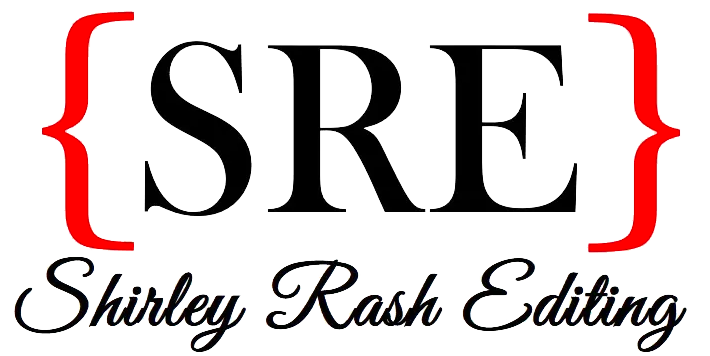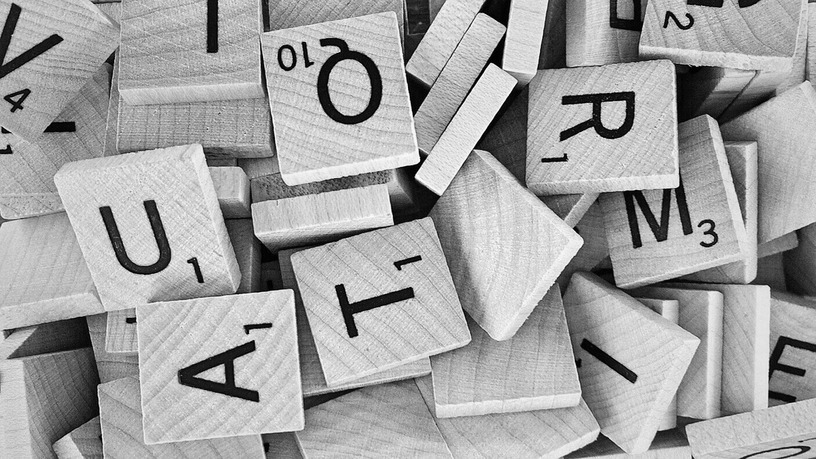I have noticed that when I tell people I’m an editor in social settings, the most common default reaction for the other party is to immediately admit to being bad at spelling. Usually in a defensive way, as if we need to preemptively get that out of the way before we can be friendly because there will be nothing worse in the world to a professional editor than bad spelling.
The truth of the matter, though, is I actually think that being bad at spelling is just that. It’s not a deep-seated character flaw or a sign of low intelligence or even of poor education. In the same way that some people naturally spell well, some people just don’t. That’s what I learned when I worked as a college comp instructor and, before that, a college writing tutor.
When I was a teenager, I came across a quotation attributed to General George S. Patton, a notoriously bad speller due to his dyslexia, that said, “Any dumb son of a bitch can spell a word the same way each time. It takes true creativity to do it differently each time.” I have never been able to track this quotation down again, so I always have to cite it as apocryphal, but it is still what I always tell people when they disclose to me that they’re bad at spelling. The line always gets a big laugh and usually breaks the ice—I loved watching my students’ faces when they’d hear it for the first time—but I really do think that the idea of spelling as a character flaw is counterproductive.
I say all this as someone who is good at spelling. I always have been. I never specifically tried to cultivate it as a skill. I just was good at it. I always aced spelling tests and contests. I spell things for my friends and family all the time. I may even have a good spelling aura because I’ve had complete strangers ask me how to spell things. 😊
But the fact I was good at it without trying is one reason I believe in having mercy on people who aren’t. There are a lot of things I am not good at, no matter how much I try, including but not limited to throwing a ball, knitting, and penmanship, and I appreciate when people have some grace for me.

My policy toward spelling as a teacher was that I would correct it without deducting points on in-class work that was turned in. I believed that was the best way to address the issue. They weren’t being punished if they just were bad at spelling but also had the opportunity to learn the correct spelling. I had no such mercy on typed assignments, though. At that point, you had a very noticeable red squiggly line telling you that it was misspelled, so to me, it isn’t an issue of being good or bad at spelling but instead one of being lazy or careless. Spellcheck isn’t always effective, but it is usually good at picking up on basic errors. I told students all this point-blank as well ahead of time, so it’s not like they were blindslided by the decision.
As an editor, I do correct a lot of spelling. And just as I didn’t judge my students for it, I don’t judge authors for poor spelling. I have repeated the apocryphal Patton spelling quote to a fair number of authors over the years.
In fact, one of my favorite tasks as an editor is when I’m doing a stylesheet to keep track of a manuscript’s specific copyediting decisions and get to make decisions on made-up words. The stylesheet is where I note capitalization, italicization, and spelling decisions (among others). The usual rule of thumb when I come across spelling quandaries is to consult Merriam-Webster and sometimes The Chicago Manual of Style. However, if it is a made-up word, then the rules really don’t apply. In those cases, it’s more a matter of consistency, so I want to make sure the word is spelled the same each time. I love the ensuing conversations I have with my writers as we make up our own rules about the wonderfully creative words and names they’ve invented.
If I had to condense my attitude toward spelling into a statement it would be something along the lines of Yes it is important to use correct spelling. Using correct spelling aids effective communication and looks much more professional. (Another favorite possibly apocryphal spelling story: The residents of Chicken, Alaska, named their town that because they weren’t 100% sure how to spell Ptarmigan, Alaska, and didn’t want to embarrass the town by misspelling the name.) However, being bad at spelling isn’t something to beat yourself up about. There are tools you can use to help you, whether it’s spell check, a good old-fashioned dictionary, or—if you’re a writer working on a manuscript—an editor.





